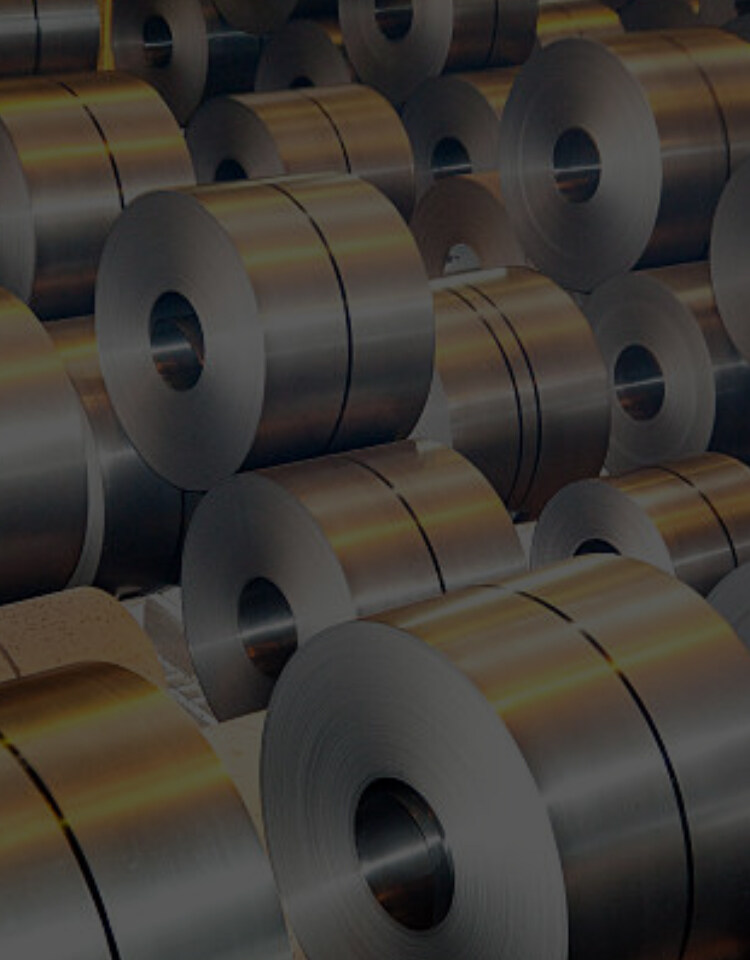Email format error
Email cannot be empty
Email already exists
6-20 characters(letters plus numbers only)
The password is inconsistent
Email format error
Email cannot be empty
Email does not exist
6-20 characters(letters plus numbers only)
The password is inconsistent

News

ODM 301 hot cold rolled stainless steel coil
The 301 stainless steel coil, available in both hot and cold-rolled forms, is a widely used and versatile material in various industries. Here's an overview:
Overview of 301 Stainless Steel Coil
- Composition: Type 301 stainless steel is an austenitic chromium-nickel stainless steel. It's known for its high strength and excellent corrosion resistance. The typical composition includes around 16-18% chromium, 6-8% nickel, and a small amount of manganese and silicon.
Hot Rolled vs. Cold Rolled
- Hot Rolled Coils: These are produced by heating slabs beyond the recrystallization temperature and then rolling them. Hot rolled coils have a scaled surface, are less precise in dimensions, and have a rougher finish.
- Cold Rolled Coils: These are produced by further processing hot rolled coils through cold reduction mills at room temperature. This process results in a smoother surface finish, tighter tolerances, and enhanced mechanical properties.
Properties and Characteristics
- Strength and Hardness: 301 stainless steel is particularly well-known for its high strength, especially when cold worked. The cold rolling process increases its hardness and tensile strength.
- Corrosion Resistance: It has good resistance to a wide range of atmospheric environments and many corrosive media, although it's less resistant than some higher alloyed stainless steels like 304.
- Ductility and Formability: Despite its high strength, 301 remains highly ductile, allowing for significant forming and fabrication.
Applications
- Industrial Manufacturing: Used in various industrial applications due to its strength and durability, such as in the production of automotive parts, wheel covers, conveyor belts, and springs.
- Consumer Goods: Commonly found in household items like kitchen utensils, appliances, and cookware.
- Aerospace and Transportation: Its high strength-to-weight ratio makes it suitable for structural components in aircraft and rail cars.
Availability and Variants
- Thickness and Width: Available in various thicknesses and widths, meeting different industrial requirements.
- Surface Finishes: Can be found in a range of finishes, including 2B (a smooth, moderately reflective finish) and #1 (hot rolled, annealed, and pickled).
Maintenance and Durability
- Maintenance: Regular cleaning with mild detergents is recommended. It is important to avoid using steel wool or other abrasive materials that can damage the surface.
- Longevity: When properly maintained, 301 stainless steel coils can have a long service life, even in harsh environments.
Environmental Aspect
- Recyclability: 301 stainless steel is fully recyclable, which reduces its overall environmental impact and makes it a sustainable choice.
Conclusion
301 stainless steel coil, in both its hot and cold-rolled forms, offers a unique combination of strength, ductility, and corrosion resistance, making it suitable for a wide range of applications. Its versatility, coupled with its recyclability, makes it a valuable material in sectors ranging from industrial manufacturing to consumer goods and aerospace.

